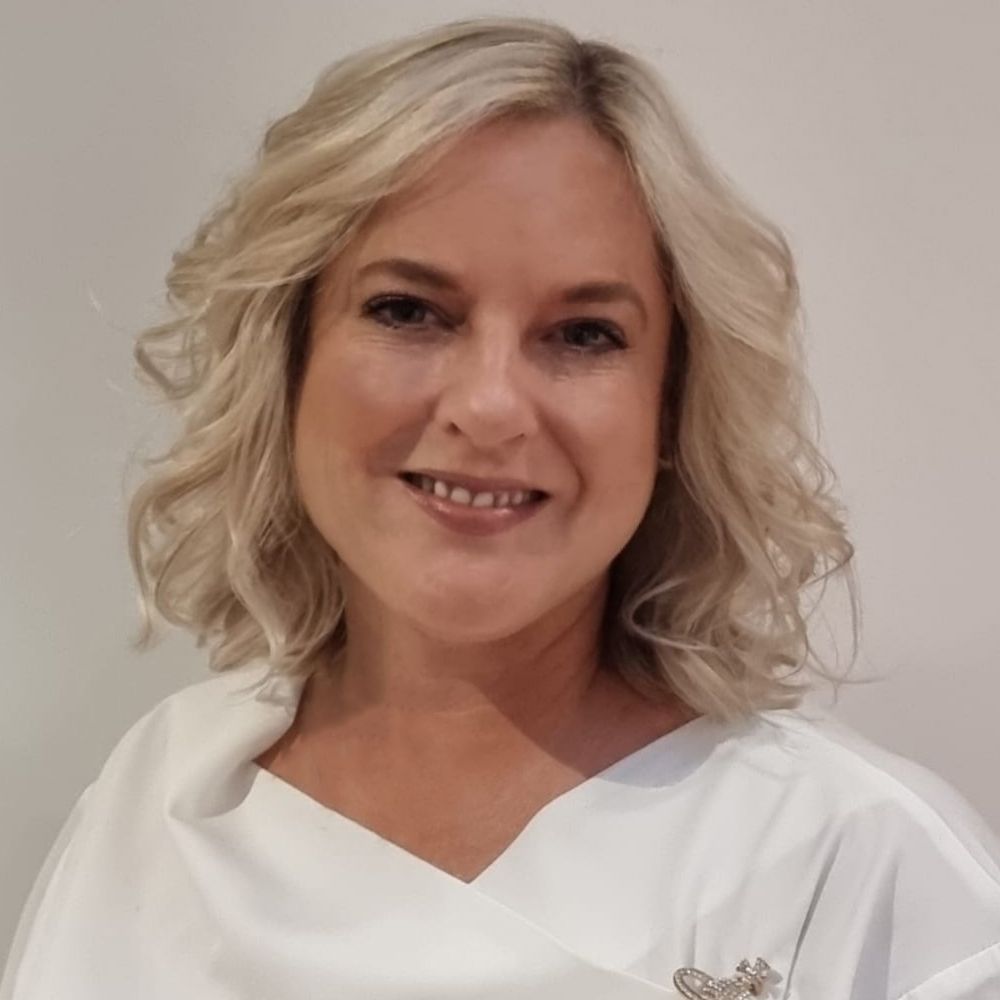
Community services to keep people well at home and help relieve pressure on hospitals- column by Maz Fosh
Posted on: 27th February 2023
In December I wrote about virtual wards which prevent hospital admissions or speed up discharge for some patients. As a community health service, we work hard to keep people at home, where they would rather be and where people usually recover more quickly.
Lincolnshire Community Health Services NHS Trust (LCHS) runs other services which prevent hospital admissions or speed up discharge for patients. Two of these services are Urgent Community Response and the Discharge to Assess service.
Sometimes patients may need urgent support so they can continue to stay at home and avoid going to hospital. Urgent Community Response can be called and within two hours the team will assess and identify care and support services to enable patients to remain safe and well at home. In many cases, patients can avoid numerous and sometimes distressing trips to an accident and emergency department.
We believe people recover better in their own home or their place of residence. This allows more independence and for them to live healthy lives for as long as possible.
For December and January, Urgent Community Response accepted 490 referrals, 90% of these patients were able to remain at home while under the care of the service. These were often frail or elderly adults, who with a bit of help, specialist equipment or therapy support continued to stay at home, which is much better for them. Only 10%, that’s 49 patients needed to attend an acute hospital.
There is a video on the LCHS website where our clinicians talk about Urgent Community Response and how it works. You can watch it here
Our Discharge to Assess service allows patients to be discharged from hospital and supported at home safely. It is important that hospital beds are available to patients who really need them.
It is widely acknowledged that for every 10 days in hospital, a patient can experience up to 10 years of muscle deterioration. The Discharge to Assess service ensures patients are safely supported at home and helps improve their independence after staying in hospital.
For example, some patients may need an assessment on using stairs, but people tend to have significantly more confidence on the stairs in their own home, as opposed to a hospital environment. By assessing patients at home, staff can see what help they need to improve their independence.
In the last 6 months the team undertook 8,495 individual visits to patients in their homes.
I hope that gives you a flavour as how we, as a community health service, help keep people out of hospital.
